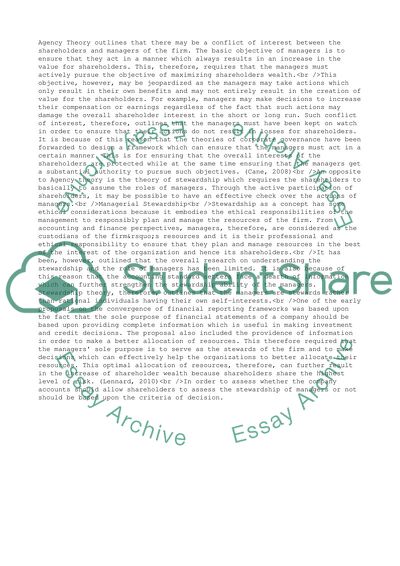Cite this document
(Are Fair Values Used to Assess Management's Stewardship Assignment, n.d.)
Are Fair Values Used to Assess Management's Stewardship Assignment. Retrieved from https://studentshare.org/management/1394003-financial-statements-of-a-company
Are Fair Values Used to Assess Management's Stewardship Assignment. Retrieved from https://studentshare.org/management/1394003-financial-statements-of-a-company
(Are Fair Values Used to Assess Management'S Stewardship Assignment)
Are Fair Values Used to Assess Management'S Stewardship Assignment. https://studentshare.org/management/1394003-financial-statements-of-a-company.
Are Fair Values Used to Assess Management'S Stewardship Assignment. https://studentshare.org/management/1394003-financial-statements-of-a-company.
“Are Fair Values Used to Assess Management'S Stewardship Assignment”, n.d. https://studentshare.org/management/1394003-financial-statements-of-a-company.


